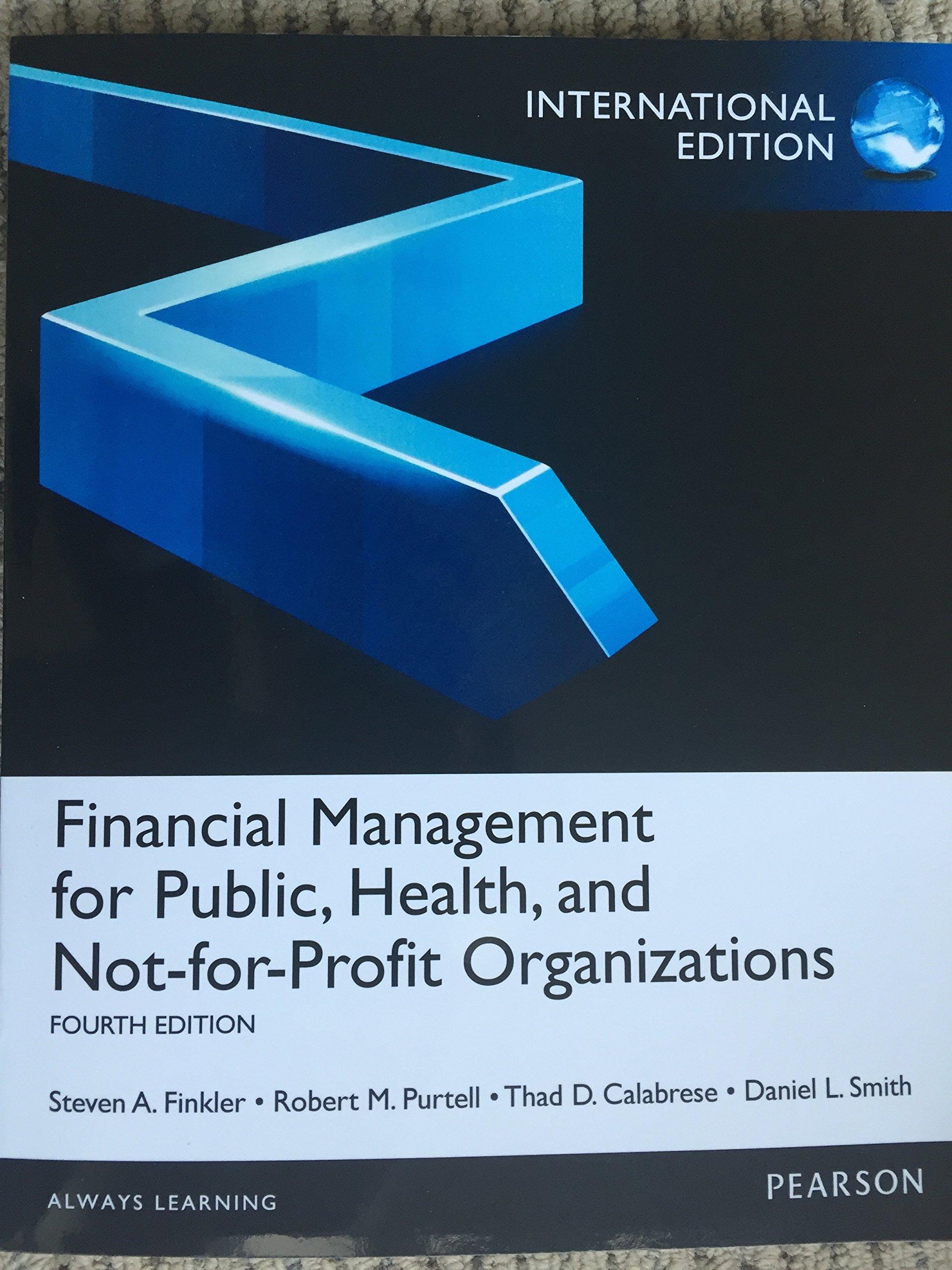Question
Question 1 Elizabeth, 86, owns her home, valued at $640,000. She has $60,000 in a bank account and receives a full pension. Elizabeth also has
Question 1
Elizabeth, 86, owns her home, valued at $640,000. She has $60,000 in a bank account and receives a full pension. Elizabeth also has a small $15,000 total portfolio of shares in two
blue-chip companies. She received both parcels of shares when the companies demutualised in the 1990s and has kept them because she likes the companies, and they pay high dividends.
Due to failing health, she is preparing to move into an aged-care facility. She wants to keep her home as an inheritance for her five children, as specified in her current Will. Elizabeth has appointed her eldest daughter, Kym, as both the executor of the estate and enduring power of attorney (EPOA). This covers legal and financial decisions only and was drafted so that it had legal effect immediately. Both the Will and EPOA have been in place for three years, and Elizabeth had legal capacity to make the documents at that time. All relevant parties reside in the Australian state in which the documents were enacted.
Kym knows Marcus, a financial adviser with Expert Financial Planning, through the local golf club of which they are both members. Kym has arranged an appointment for her mother to meet with Marcus to discuss the financial planning implications of moving into an aged-care facility.
Kym explains to Marcus that she will be happy to sign off on any advice even if Elizabeth is unable to understand the recommendations.
Required:
Discuss the Standards that Marcus must observe in this situation. Explain the difficulties that he may encounter in this situation.
Step by Step Solution
There are 3 Steps involved in it
Step: 1

Get Instant Access to Expert-Tailored Solutions
See step-by-step solutions with expert insights and AI powered tools for academic success
Step: 2

Step: 3

Ace Your Homework with AI
Get the answers you need in no time with our AI-driven, step-by-step assistance
Get Started


